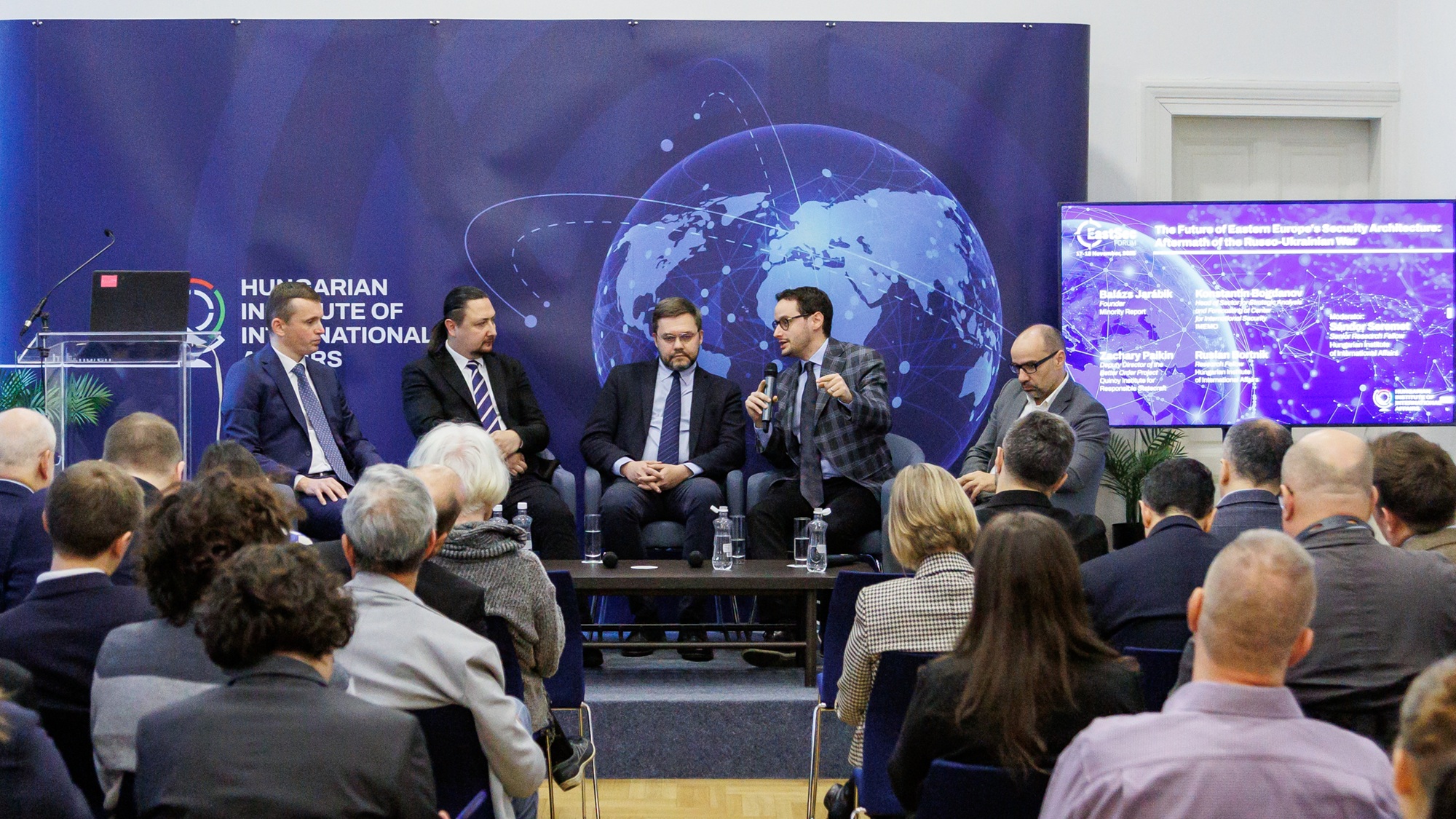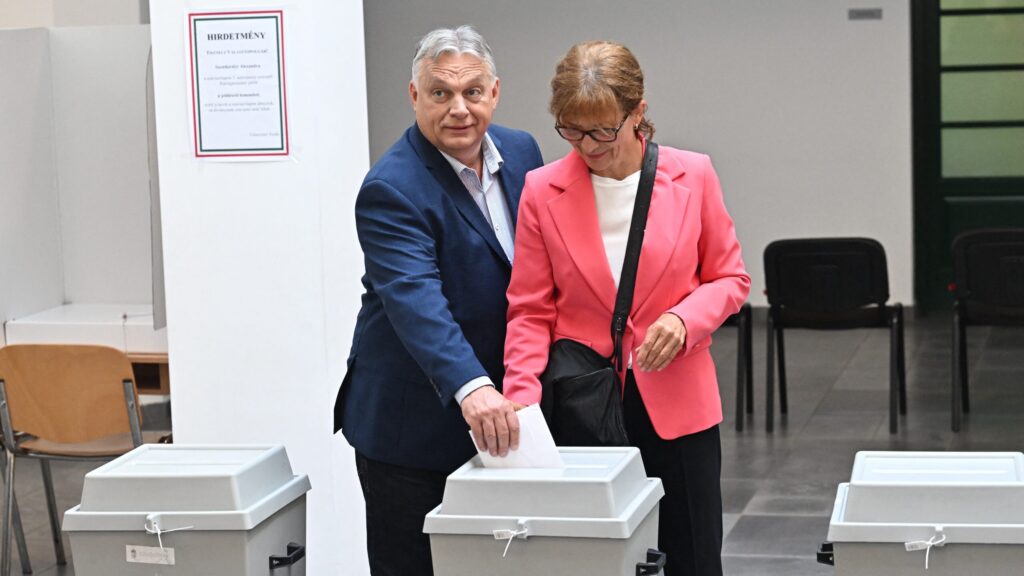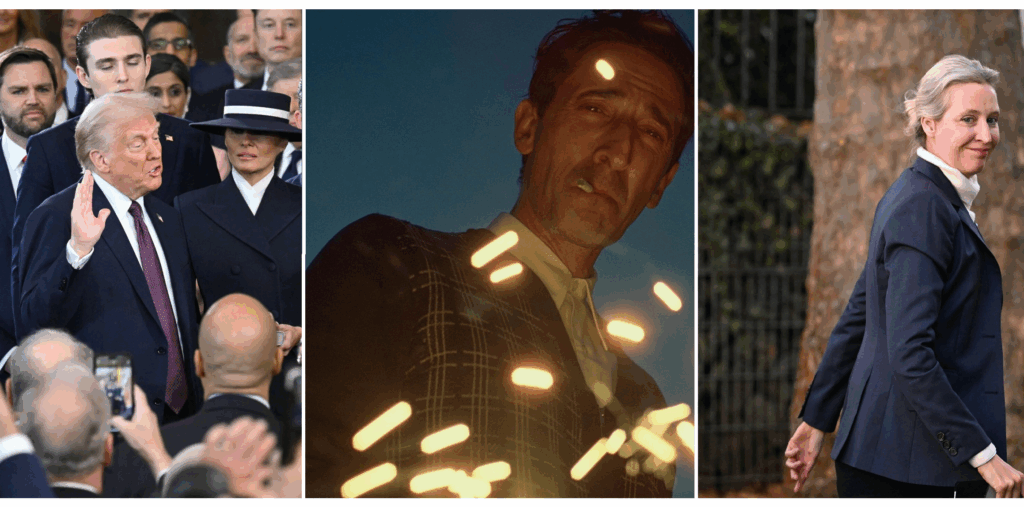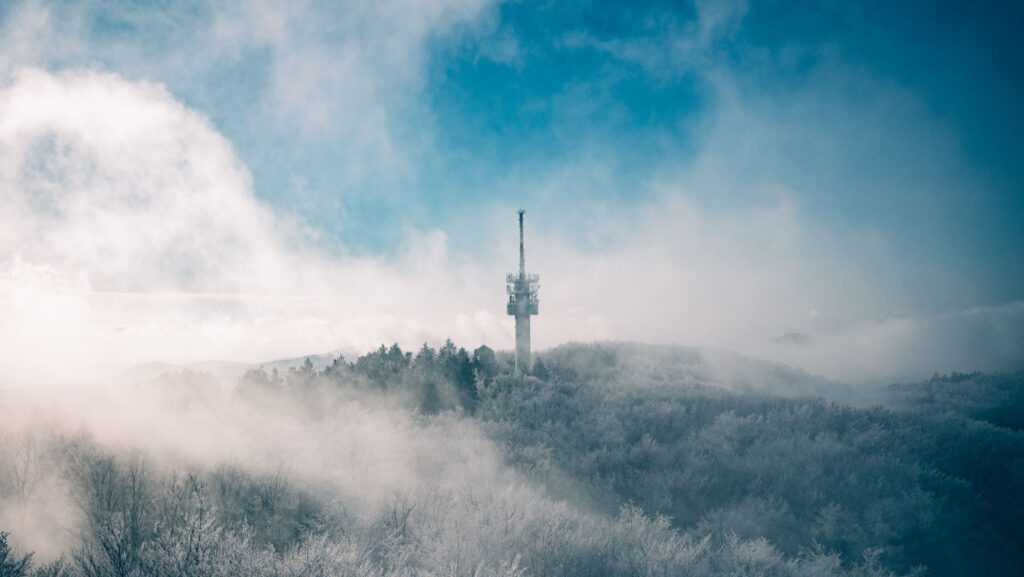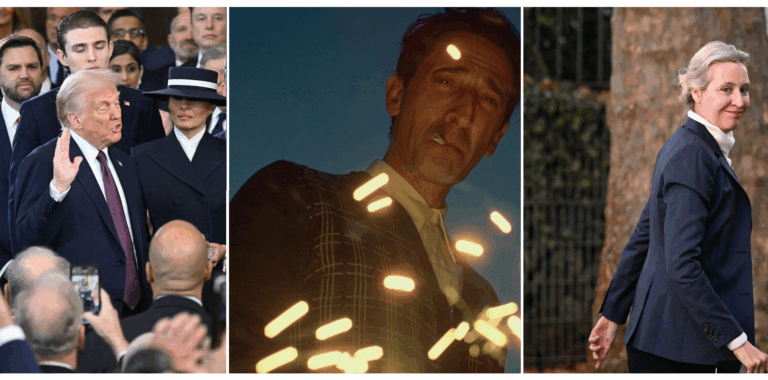The Hungarian Institute of International Affairs (HIIA) hosted its inaugural EastSec Forum on Tuesday, 18 November at its headquarters in Budapest, Hungary. Given that ‘EastSec’ stands for Eastern Europe and Security, the main topic of the day was evidently clear: the Russo–Ukrainian war, which is shortly coming up on its fourth anniversary.
President of HIIA Gladden J Pappin welcomed the packed house of attendees with some brief remarks. He started by stating that the real story of 2025 is Budapest emerging as an intermediary in the peace negotiations process in the war, which, he believes, underscores the rising significance of Hungary on the world stage. This development is taking place despite the misgivings of many in the liberal elite, he added.
He also shared that Hungary’s role as a mediator started with the country’s presidency of the EU Council in July of last year, when Prime Minister Viktor Orbán met with President Vladimir Putin of Russia and President Volodymyr Zelenskyy of Ukraine within a short span of time; then travelled to the NATO Summit in Washington, DC in the United States, after which he met with then-presidential candidate Donald Trump at Mar-a-Lago in West Palm Beach, Florida as well.
When President Trump—now back in office—announced the proposed Budapest Peace Summit between himself and President Putin last month, it ‘stunned a lot of people’ in other European countries, Mr Pappin went on to state. Some of those people questioned the motivation of Hungary behind hosting the summit, the speaker continued, which, according to him, is simply to provide a place to seek a resolution for peace.
The rising status of Hungary in geopolitics denotes a return to interest-based diplomacy, as opposed to the liberal, ideologically driven one, Mr Pappin also told the audience.
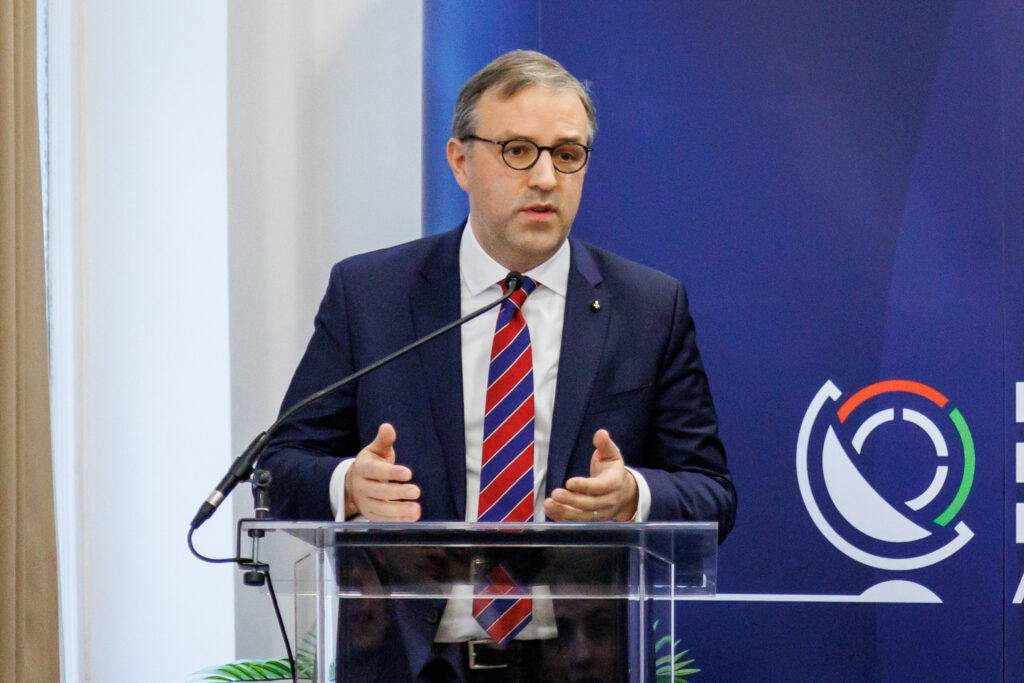
The first panel discussion of the day followed shortly after, titled ‘The Future of Eastern Europe’s Security Architecture: aftermath of the Russo–Ukrainian war’. Balázs Jarábik, Founder of the Central European political research centre Minority Report; Konstantin Bogdanov, Head of Sector for Strategic Analysis and Forecasting at Center for International Security at IMEMO; Zachary Paikin, Deputy Director of the Better Order Project and Research Fellow in the Grand Strategy Programme at the Quincy Institute for Responsible Statecraft; and Ruslan Bortnik, Senior Research Fellow at the Hungarian Institute of International Affairs were featured on the panel. Sándor Seremet of the HIIA served in the role of the moderator.
Mr Bortnik kicked off the discussion by stating that the elites have been ‘blackmailing’ each other with military and economic actions for too long, and just like in the period leading up to World War I, they have been very irresponsible. He added that with previous agreements getting ignored, the danger level is rising in the world. Meanwhile, the United Nations has proven that it is not even a ‘table for negotiations’ anymore.
Ukraine is just ‘one battlefield’ for the geopolitical fight, Mr Bortnik warned. He also opined that the ‘system of security guarantees’ should be rebuilt for lasting peace, and not just for Ukraine, but for Russia and the EU as well.
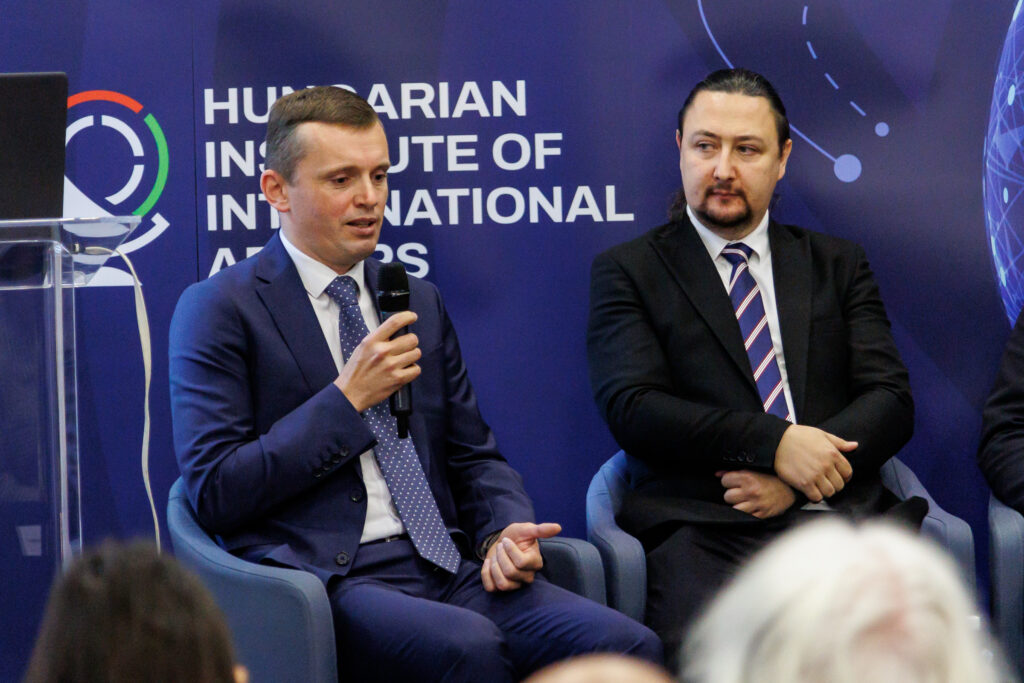
Mr Paikin pointed out that in the post-Cold War era, the largest security guarantor organization, NATO, excludes one of the biggest military powers of the world, Russia. He also shared that as of now, nobody is talking about whether or not Russia should have a place in the international security system, which is understandable, he continued, since a settlement for peace needs to be made first. Nonetheless, he added, Europe strongly opposes Moscow’s inclusion in such a system, despite it forcing European nations to drastically increase their respective defence spending.
Mr Bortnik lamented that the ‘guard rails’ put in place at the end of the Cold War are now gone, and thus he believes that there is no security architecture in Europe right now, which has led to an escalation reminiscent of the 1950s and 1960s. Also, after the Cold War, NATO expanded eastward, which the Russians have perceived as a threat. The speaker also added that the shortcomings of the previous security architecture have led to the current escalation, thus a new one should be negotiated.
Mr Jarábik explained that the Russian invasion of Ukraine came as a shock to the EU back in February 2022, and that shock has led to a high level of financial support for Ukraine. He, somewhat flippantly, added that ‘the last class of people that believe in Fukuyama is in Brussels’, referring to American political scientist Francis Fukuyama and his famous ‘end of history’ theory. The speaker also opined that the EU integration of Ukraine is not the main issue, as Brussels is already spending more on the war-torn Eastern European country than most of its actual Member States. He also pointed out EU Commission President Ursula von der Leyen’s recently published letter to Member States, asking for more financial support for Ukraine.
Mr Bortnik took back the word, saying that the war is not about Donetsk or any other oblast of Ukraine, but rather about the ‘zone of influence in Eastern Europe’. Meanwhile, Mr Bogdanov added that the new security architecture needs to be inclusive to Russia, and spoke up against the treatment of the Russian-speaking minority in Ukraine by the Ukrainian government.
Related articles:

